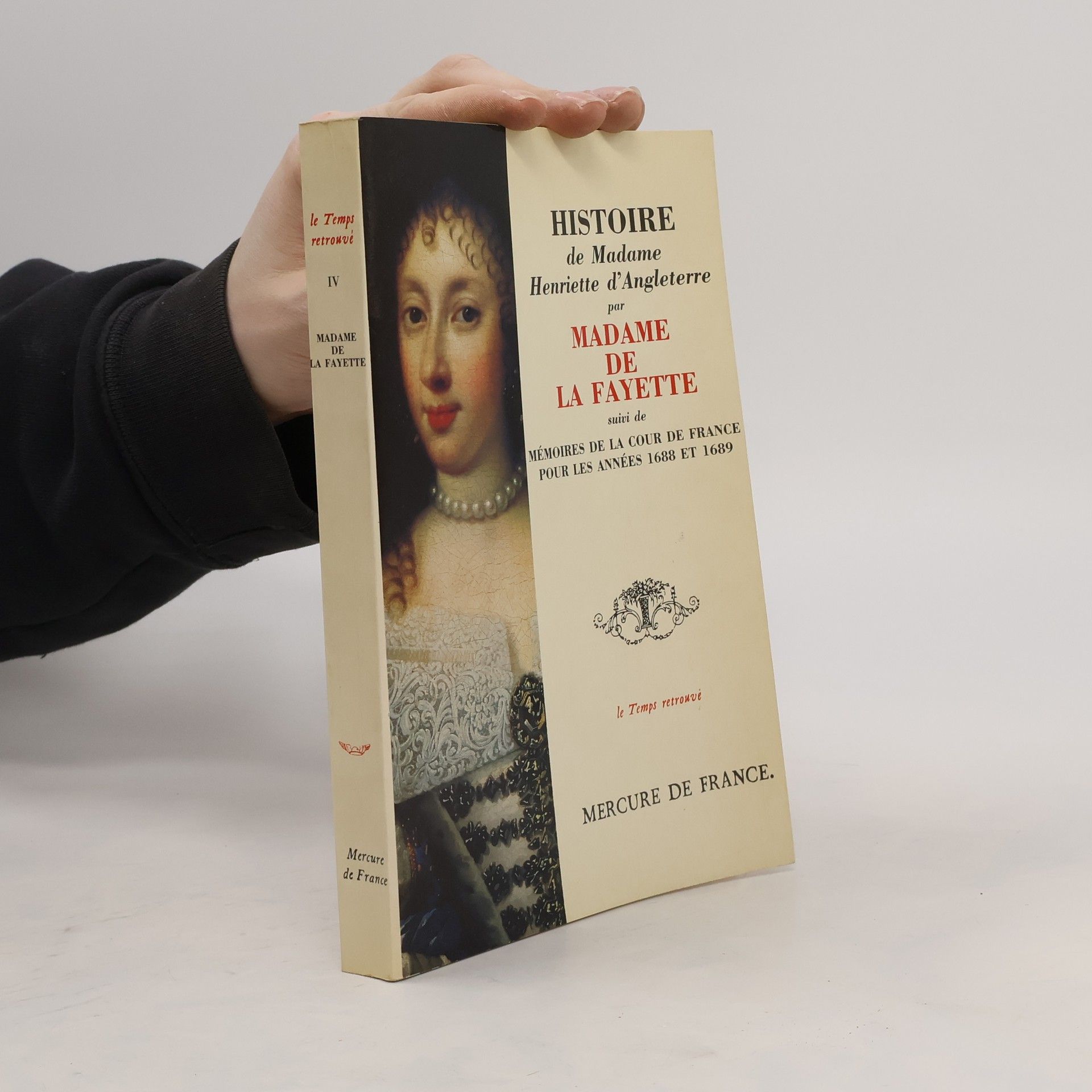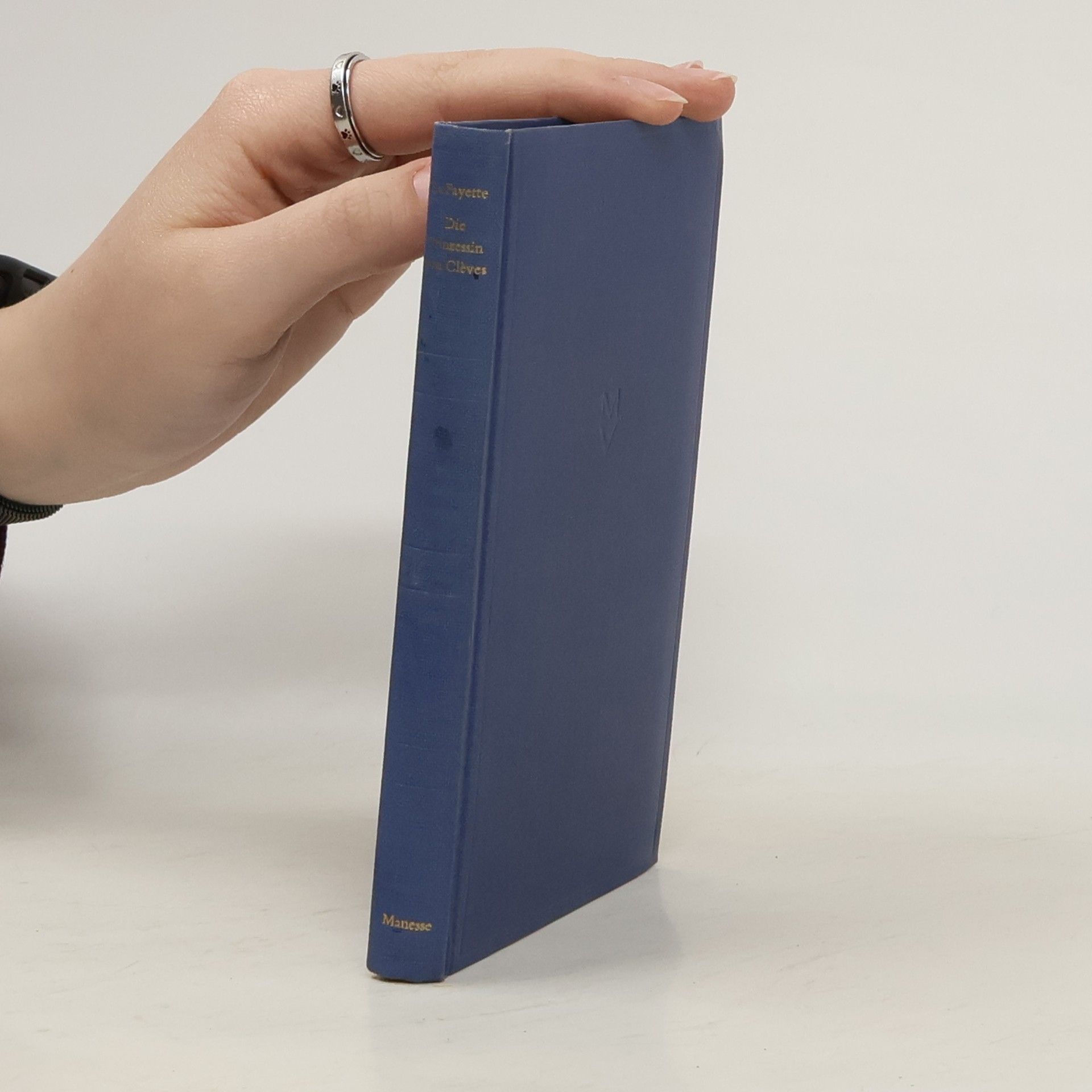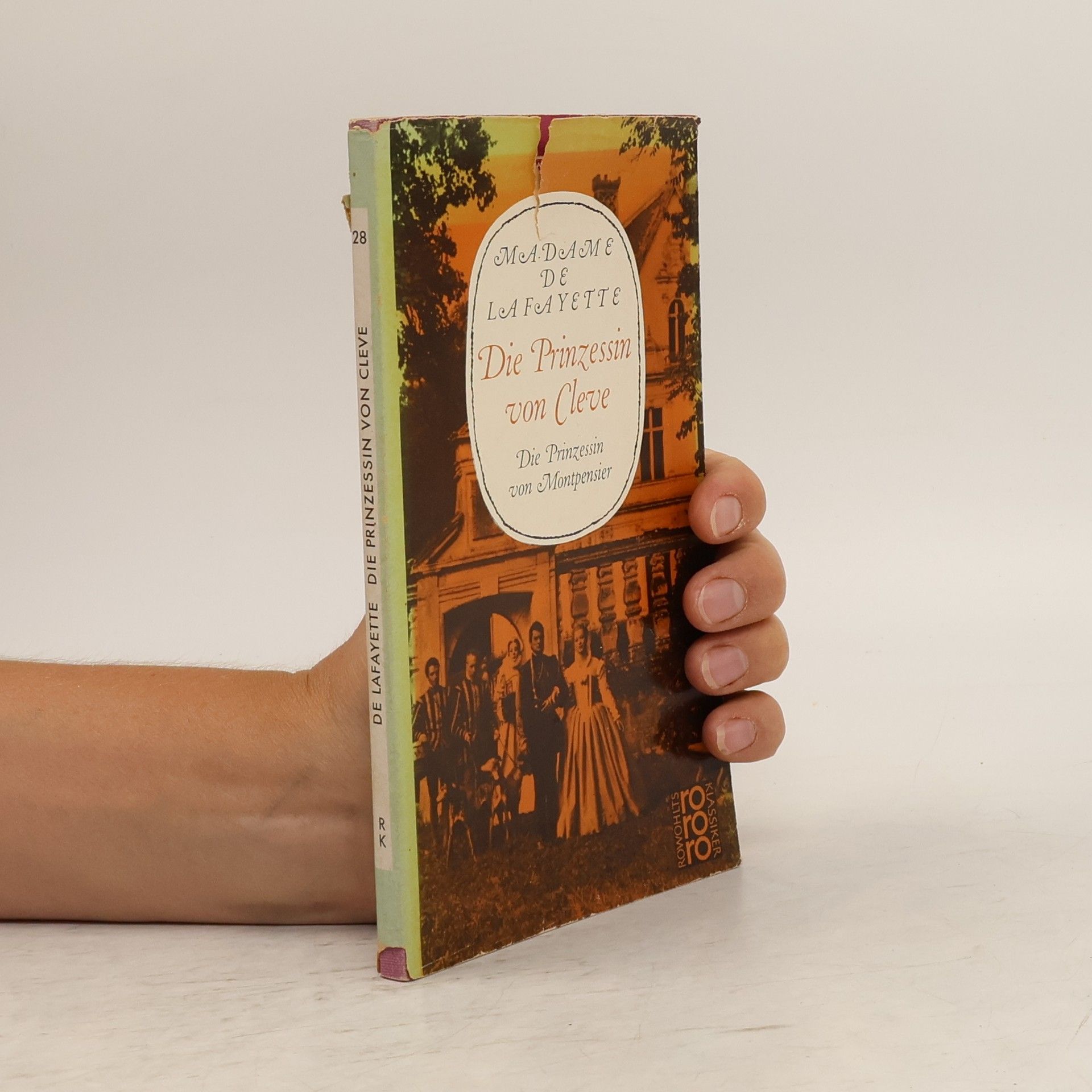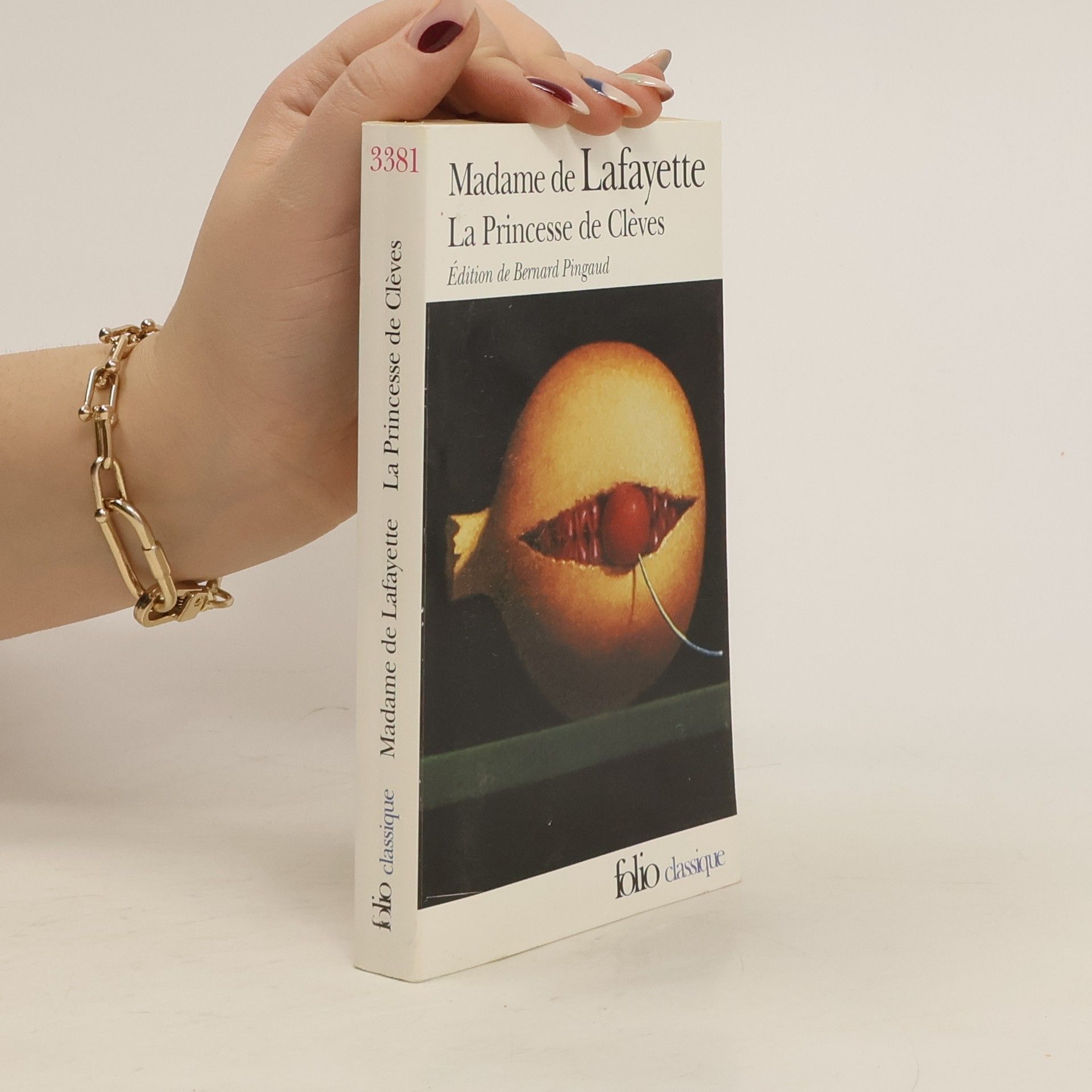Die Prinzessin von Clèves
- 281 Seiten
- 10 Lesestunden
Der kleine Roman, 1678 anonym erschienen, begründete eine Tradition, die über Jahrhunderte fortwirkte: zum ersten Mal nimmt hier die Psychologie breiten Raum ein. Madame de La Fayette ist deshalb als Schöpferin des modernen Romans bezeichnet worden. Modern ist auch ihr Thema, denn daß eine Frau ihrem Mann gesteht, sie liebe einen anderen, war für die Zeitgenossen unerhört. Marie-Madeleine de La Fayette (1634-1693) führte einen der angesehensten Salons im Paris des Sonnenkönigs. »Vor ihr schrieb man in schwülstigem Stil unglaubwürdige Geschichten« (Voltaire).








